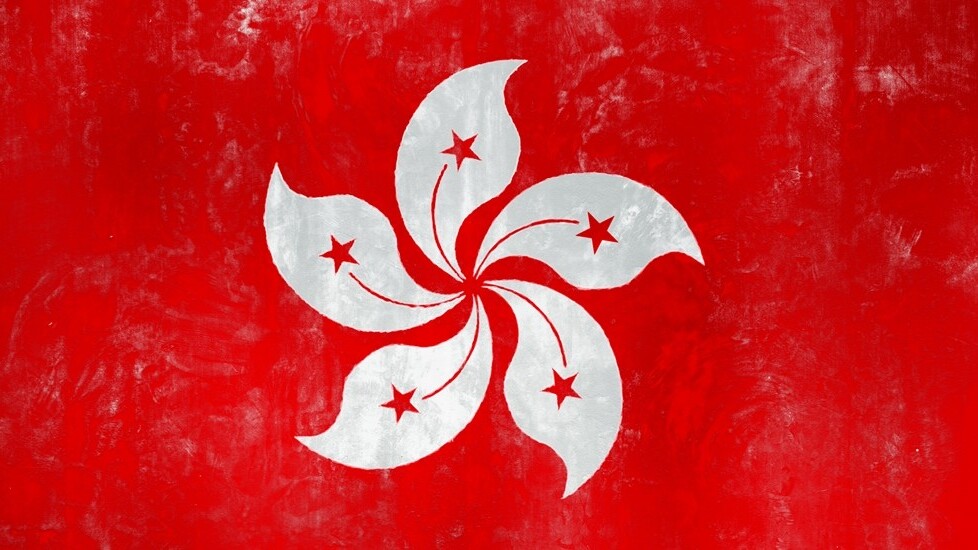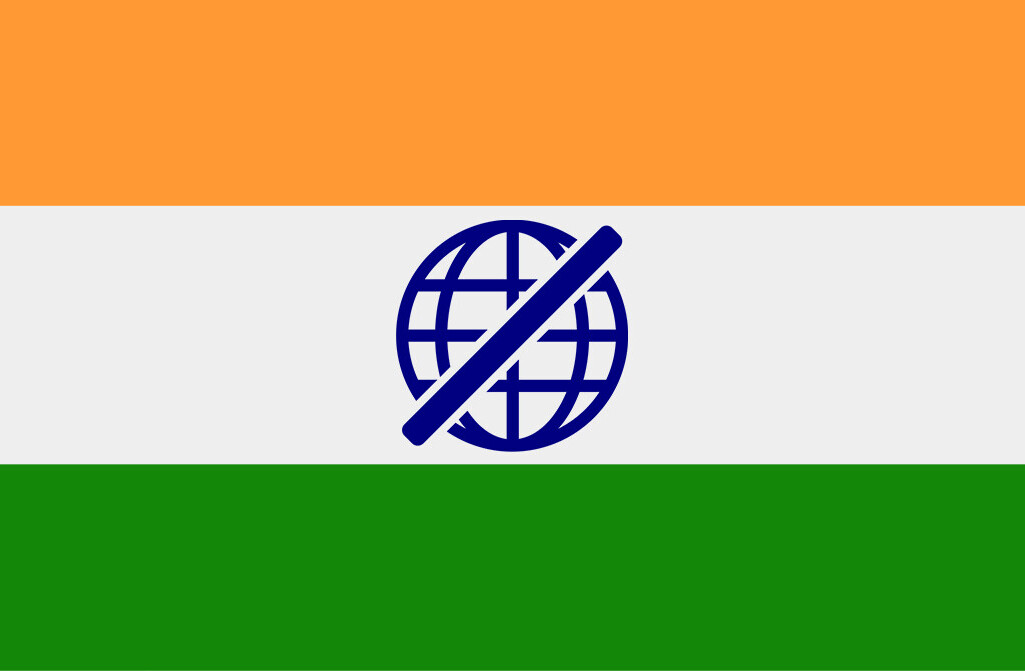
Occupy Central, a grassroots movement that aims to bring universal suffrage to Hong Kong, has been subject to “one of the largest and most persistent DDoS attacks in the history of the Internet,” according to CloudFlare, the web performance company maintaining its website.
Under the current political system, the Chinese government proposes a number of candidates to lead Hong Kong, with the winner voted by the city-state’s 1,200-member Election Committee. China previously pledged to introduce direct-voting for the candidates by 2017, but Occupy Central is campaigning for a one-man one-vote system for electing the shortlist of candidates too, and it is running an unofficial referendum of Hong Kong citizens.
Its Popvote.hk website suffered stability issues this week following a strong DDoS attack. CloudFlare CEO Matthew Prince claims that even more sophisticated attacks are battering it today — although the site has reportedly managed to log over 90,000 votes within its first two hours.
Battling 300Gbps+ attack right now. Knew it was coming so well prepared. Helluva story someday. pic.twitter.com/YJW9u5TBoL
— Matthew Prince (@eastdakota) June 20, 2014
This is new: Layer 7 HTTPS flood that prioritizes TLSv1/DES-CBC3-SHA, which is CPU intensive. #clevergirl https://t.co/lgYna3csqN — Matthew Prince (@eastdakota) June 20, 2014
While such an overtly public campaign to bring democracy leads to assumptions that the cyberattacks on Occupy Central are being organized by the Chinese government, the source of the attacks has not been identified yet.
On a related topic, China’s internet censorship system has been in override of late. Dropbox was found to be blocked yesterday, while the government clamped down on Google services ahead of the Tiananmen Square protests in early June. That’s not unusual, but the fact that the Google blockages remain in place today is unprecedented.
Interestingly, Prince suggests that these recent incidents are tempting him to reverse a decision to locate CloudFlare’s first Asia-based server in Singapore.
Update: CloudFlare runs data centers in Hong Kong and Singapore. The company has clarified that it is considering opening an engineering office with staff in Asia, which it might locate in Hong Kong following this incident:
Were thinking of opening @CloudFlare‘s Asian office in Singapore. After all the love tonight, thinking maybe Hong Kong instead.
— Matthew Prince (@eastdakota) June 20, 2014
A DDoS attack on spam organization Spamhaus last year is widely considered to be the biggest attack in history. At its peak, the organization was dealing with a 300 billion bits-per-second DDoS, the repercussions of which CloudFlare says “almost broke the internet.”
Don’t miss: Line urges users to change passwords following incidents in Japan, but denies it was hacked
Note: This article has been updated to correct the processes of the current electoral system for choosing Hong Kong’s Chief Executive.
Image via rawpixel / Shutterstock
Get the TNW newsletter
Get the most important tech news in your inbox each week.




